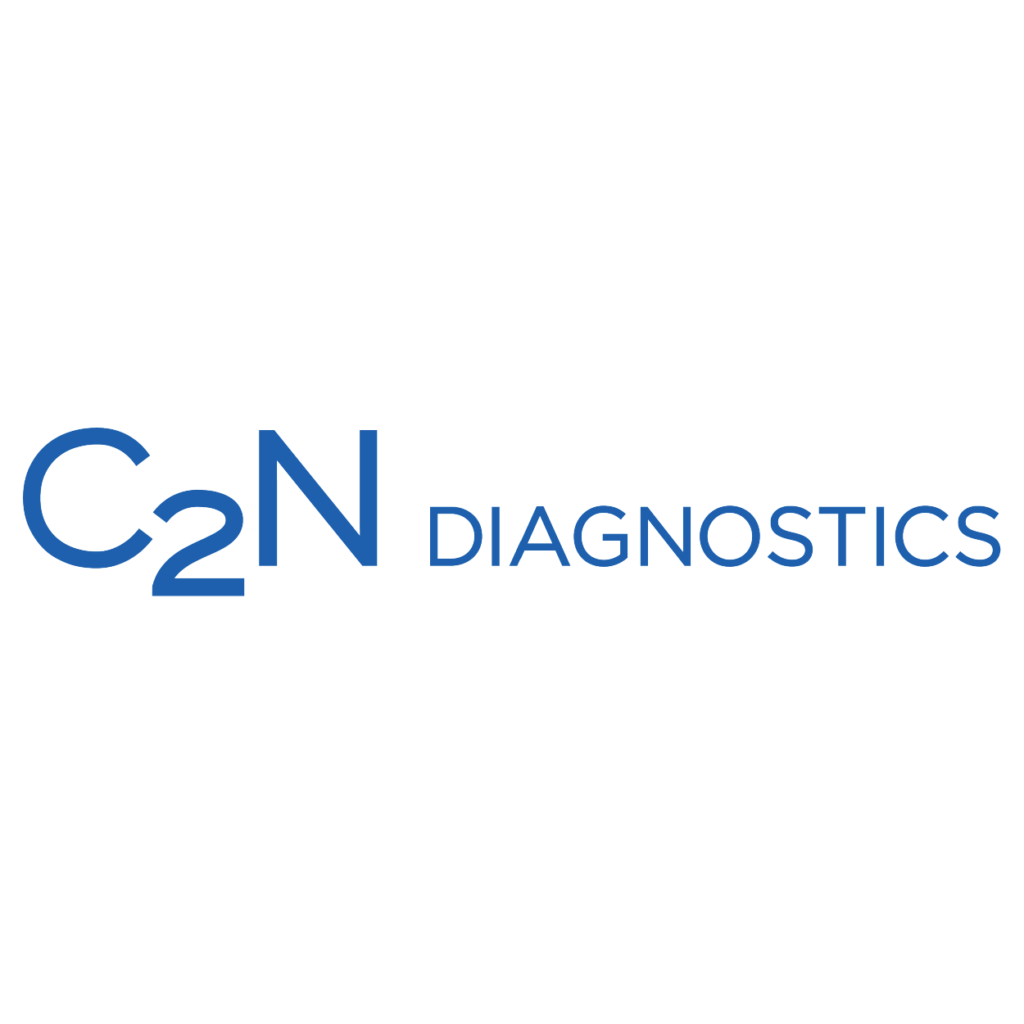
C2N Diagnostics Unveils Two Groundbreaking Blood Tests to Advance Alzheimer’s Research and Precision Diagnostics
C2N Diagnostics, LLC, a trailblazer in brain health diagnostics, has announced the launch of two innovative plasma-based assays designed for Research Use Only, expanding its suite of tools to support the global scientific community in the fight against Alzheimer’s disease and related dementias. The new tests—C2N eMTBR-tau243 and C2N %p-tau MAA—represent significant advancements in the ability to detect and understand tau pathology, a central hallmark of Alzheimer’s disease.
These assays build on C2N’s deep expertise in developing highly sensitive and specific blood-based diagnostics, and are poised to bolster clinical research efforts by enabling better disease staging, monitoring, and therapeutic decision-making across a range of investigational treatments.
C2N eMTBR-tau243: A New Frontier in Blood-Based Tau Detection
The first of the two new offerings, C2N eMTBR-tau243 (endogenous Microtubule Binding Region), is a novel plasma assay that selectively measures a key tau fragment associated with insoluble tau aggregates found in neurofibrillary tangles—a defining feature of Alzheimer’s pathology. This region of the tau protein is believed to more directly reflect tau aggregation than traditional biomarkers, potentially offering deeper insights into disease progression.
C2N had previously launched a cerebrospinal fluid (CSF)-based version of this test nearly two years ago. With the debut of a blood-based alternative, researchers now have access to a less invasive yet highly informative tool for exploring Alzheimer’s disease dynamics.
The development of eMTBR-tau243 was made possible through C2N’s exclusive licensing agreement with the Bateman Lab at Washington University School of Medicine in St. Louis, a renowned research group in the field of neurodegeneration. The company, supported by funding from the GHR Foundation, undertook rigorous optimization and industrialization of the assay, ensuring analytical robustness and scalability. While the current version is intended for research purposes, C2N has indicated its ambition to transition the assay into clinical diagnostic settings in the near future.
Introducing the C2N %p-tau MAA: Precision Measurement Across Tau Isoforms
The second new assay, C2N %p-tau MAA (Multi-Analyte Assay), is another major innovation that significantly enhances the diagnostic granularity available to researchers. This assay uses high-resolution liquid chromatography tandem mass spectrometry (LC-MS/MS) to precisely quantify both phosphorylated and non-phosphorylated tau isoforms across six analytes, including %p-tau181, %p-tau205, and %p-tau217.

By capturing the ratio of phosphorylated to non-phosphorylated tau forms from a single blood sample, the %p-tau MAA assay offers enhanced diagnostic efficiency while helping researchers control for variables such as age and chronic conditions, including kidney disease. This capacity is crucial in complex clinical trial populations that often include individuals with diverse medical backgrounds.
A pivotal clinical study published in the Journal of the American Medical Association (JAMA) highlighted the strength of C2N’s tau quantification platform. In the study, C2N’s PrecivityAD2™ test—also based on LC-MS/MS—demonstrated consistent accuracy in a primary care setting, despite the presence of older participants and those with multiple comorbidities. This finding reinforces the clinical resilience of the underlying technology behind the new %p-tau MAA test.
Enabling Precision Medicine in Alzheimer’s Disease Research
The launch of both the eMTBR-tau243 and %p-tau MAA assays underscores C2N Diagnostics’ ongoing commitment to driving clinically relevant innovation in the neurodegenerative disease space. According to the company, these tools are designed to provide a robust foundation for biopharma-sponsored clinical trials, particularly those aiming to evaluate the efficacy of novel therapeutic candidates targeting tau pathology.
The new assays also have the potential to support a precision medicine approach, enabling researchers to stratify participants based on disease stage or molecular signature, predict disease progression, and monitor response to treatment more effectively. By covering a wide spectrum of tau pathology—from early molecular changes to more advanced aggregation—C2N’s solutions offer researchers a powerful toolbox for more targeted and efficient study designs.
A Vision for Clinical Translation
C2N President and CEO Dr. Joel Braunstein emphasized the broader strategic intent behind these innovations: “Our introduction of the C2N eMTBR-tau243 blood test and the C2N %p-tau MAA demonstrates C2N’s commitment to clinically-relevant innovations and advancing brain health diagnostics, first as Research Use Only tools and then in the form of clinical diagnostic tests.”
He added, “Patients and families worried about Alzheimer’s disease are pressing on the entire healthcare sector for a clearer picture of Alzheimer’s disease pathology. We are responding, first for researchers and then for the broader global healthcare provider community.”
By transitioning these tools from research settings into routine clinical use, C2N aims to transform how clinicians diagnose and manage Alzheimer’s disease, paving the way for earlier intervention and more personalized care.
Building on the Success of the Precivity™ Line
The newly launched plasma assays complement C2N’s existing Precivity™ suite of blood-based diagnostics, which are already being used in clinical practice to detect amyloid plaques, another defining feature of Alzheimer’s pathology. These include:
- PrecivityAD® – designed to help clinicians assess the likelihood of amyloid pathology in patients experiencing cognitive symptoms.
- PrecivityAD2™ – a next-generation test that integrates amyloid and tau measurements to improve diagnostic specificity and sensitivity.
- Precivity-ApoE™ – which provides insights into a patient’s ApoE genotype, a known genetic risk factor for Alzheimer’s disease.
These tests represent important strides in reducing reliance on costly and invasive diagnostic procedures such as PET imaging and lumbar punctures. By offering accessible blood-based alternatives, C2N is contributing to a more scalable and equitable diagnostic paradigm.
Toward a New Era in Alzheimer’s Disease Diagnostics
As global health systems grapple with the rising burden of dementia—particularly Alzheimer’s disease—C2N’s latest innovations arrive at a critical moment. With growing demand for reliable biomarkers to support early detection, patient stratification, and treatment monitoring, the company’s expanded plasma assay portfolio stands to play a pivotal role in accelerating research and eventually improving care outcomes.
By bridging the gap between scientific discovery and clinical application, C2N Diagnostics continues to assert itself as a key player in the evolving landscape of neurodegenerative disease diagnostics—one that remains committed to innovation, patient-centricity, and the pursuit of clarity in Alzheimer’s care.




